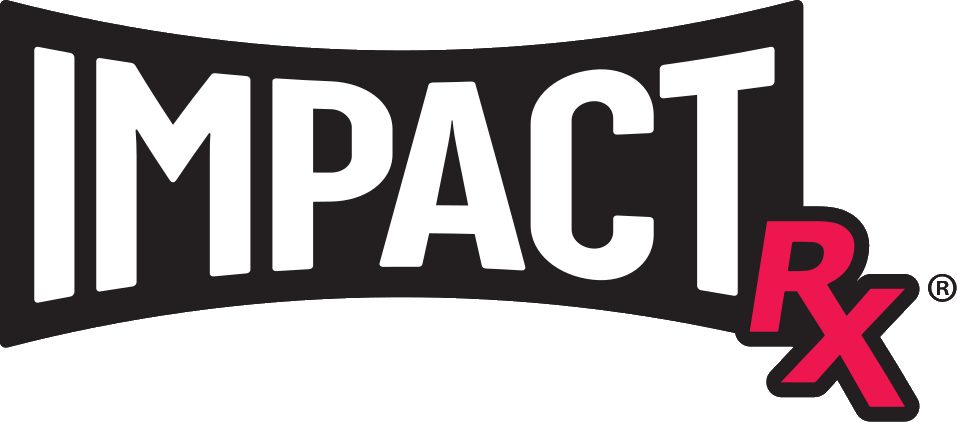Many people think of bruxism as being a condition that’s strictly related to teeth. But that’s only part of the picture. While the damage caused by bruxism may be easiest to first notice on your teeth, it can cause problems throughout your mouth and even in your head and neck. When people hear “teeth grinding,” it’s easy to assume that’s as far as it goes.
But bruxism can lead to receding gums, jaw tightness, headaches, neck tension, and lost sleep. If left untreated, these can be serious concerns that worsen quickly. If you’re bruxing, make sure to take preventative measures as soon as possible to avoid additional problems.
It’s just a physical condition
One of the most common bruxism myths is that the condition has strictly physical causes. But while there are physical contributing factors like missing teeth, an overbite, sleep apnea, or some medications, your emotions can play just as big a role. Stress, anxiety, and mood disorders can all lead to teeth grinding.
Like many health-related conditions, bruxism is not a cut-and-dried issue. Efforts to reduce stress and promote relaxation can help lessen the tension in your mouth and jaw, keeping you from grinding your teeth as much. Making physical adjustments — such as avoiding acidic foods and beverages or wearing a mouthguard at night — often helps too.
Once a grinder, always a grinder
Because bruxism is particularly common with children, there’s a tendency to fear that once it’s been identified for a kid that it will remain a lifelong issue. But whether bruxism develops during childhood or later in life, it can be treated successfully and isn’t a condition that must last forever. Many people who brux stop spontaneously — including more than half of children affected by bruxism. If you continue to show symptoms over time, however (such as enamel erosion or jaw pain after sleep), it’s time to take steps to treat the situation.
There are many options for curbing or stopping bruxism, including wearing a mouthguard. Using a mouthguard at night can help you stop bruxing and improve the related symptoms. Visit www.sleepright.com to learn more.



